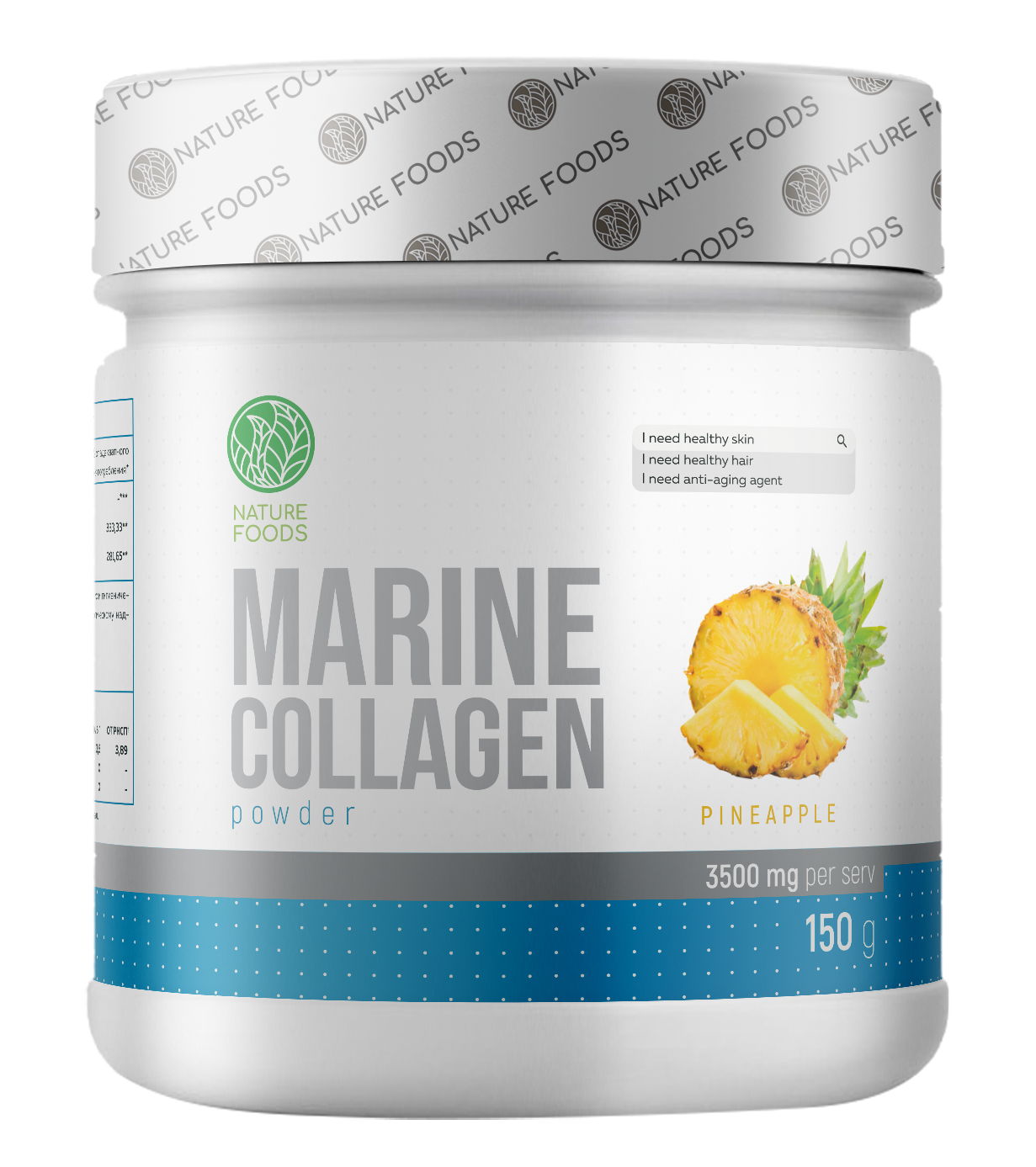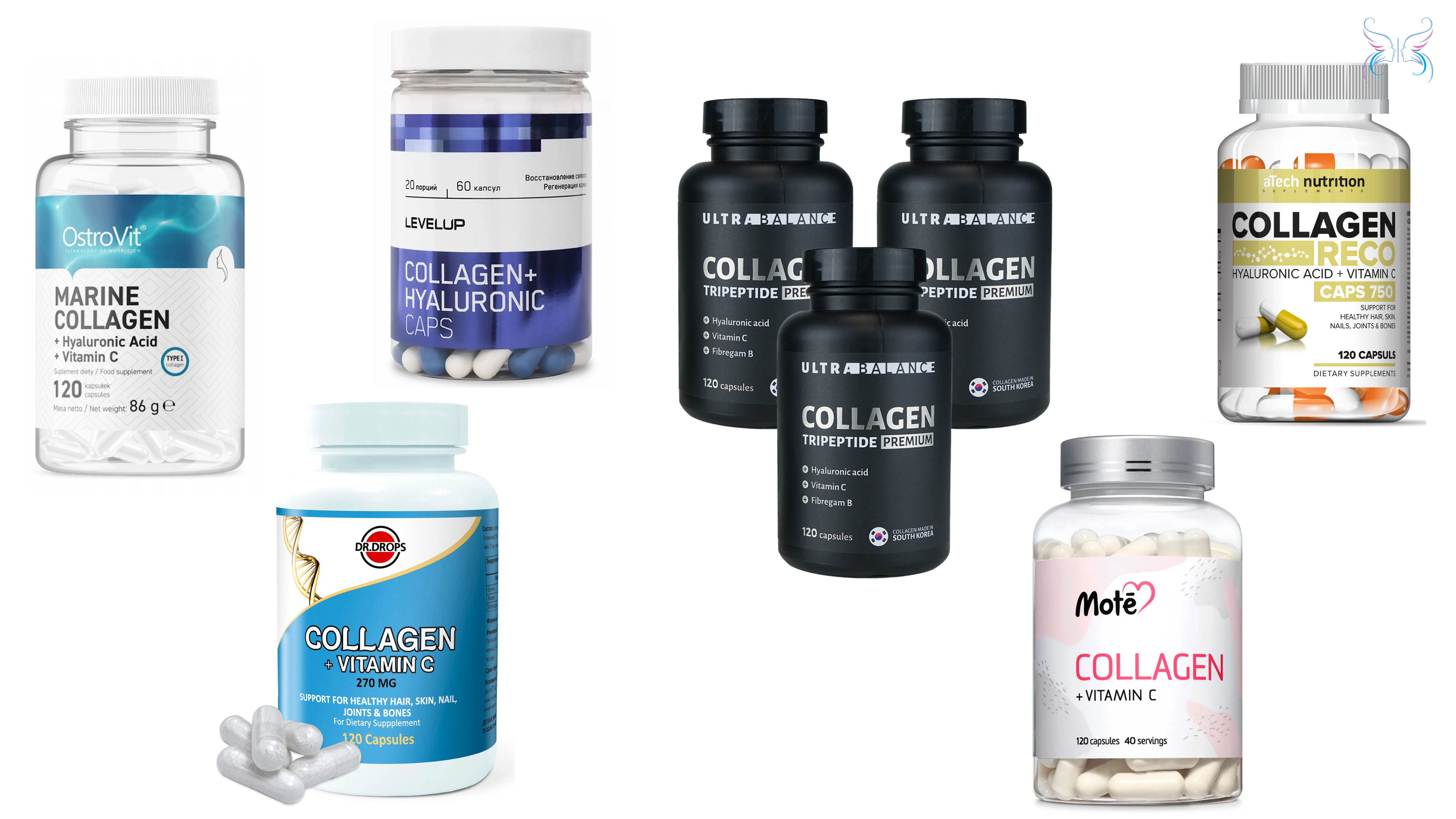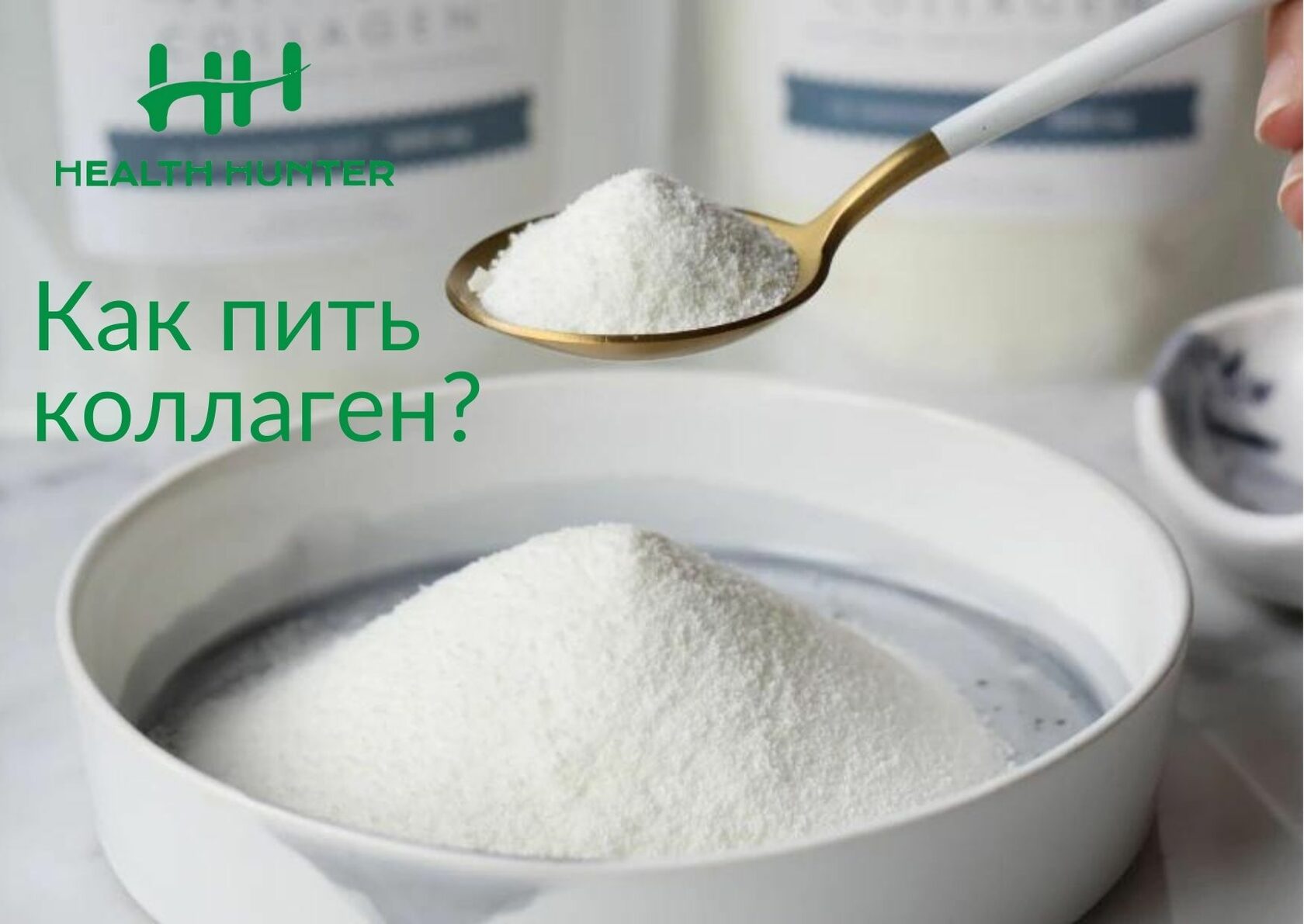What Not To Take With Collagen: Your Ultimate Guide
Let me break it down for you right here, right now—collagen supplements are all the rage, but did you know there’s a list of things you should avoid taking alongside them? Yup, it’s a thing. If you’re popping collagen pills or mixing powders, there are certain foods, drinks, and habits that can mess with how your body absorbs this protein powerhouse. So, if you’re serious about reaping those skin-glowing, joint-soothing benefits, stick around. This guide is about to save your collagen game.
Collagen has become the star of the supplement world, and for good reason. It’s like nature’s building block for your skin, bones, and connective tissues. But here’s the kicker—not everything plays well with collagen. Mixing the wrong stuff can turn your collagen dreams into a nutritional nightmare. We’re talking about certain foods, drinks, and even habits that can block its absorption or reduce its effectiveness.
This isn’t just a random list; it’s a science-backed rundown of what you need to steer clear of if you’re serious about maximizing your collagen intake. Whether you’re taking it for healthier skin, stronger joints, or better gut health, knowing what not to take with collagen is key to getting the results you want. Let’s dive in and make sure you’re not sabotaging your own efforts.
- Hot Lava A Fiery Journey Through Natures Molten Wonders
- Auberge De La Mole The Hidden Gem Nestled In The Heart Of Swiss Alps
Why Collagen Matters in Your Routine
Before we dive into the don’ts, let’s talk about why collagen deserves a spot in your daily routine. Collagen is basically the glue that holds your body together. It’s the most abundant protein in your body, making up about 30% of your total protein content. From your skin to your bones, joints, and even hair, collagen plays a starring role. But as we age, our natural collagen production starts to dip—hello, fine lines and creaky joints.
Supplementing with collagen has been shown to help fill that gap. Studies have linked collagen supplements to improved skin elasticity, reduced joint pain, and even better gut health. But here’s the deal—just taking collagen isn’t enough. If you’re pairing it with the wrong things, you might not be getting the full benefits. Think of it like trying to build a house with glue that keeps getting watered down—it’s just not going to stick.
Top Foods to Avoid with Collagen
Now that we’ve established why collagen is such a big deal, let’s talk about the foods that can interfere with its absorption. Here’s a quick rundown of the top culprits:
- Schuumlttgut Stuttgart Your Ultimate Guide To Discovering This Hidden Gem
- Unveiling The Power Of Markus Hofladen The Ultimate Guide
- Citrus Fruits: While oranges and lemons are packed with vitamin C, they can also be highly acidic. This acidity might interfere with how your body breaks down collagen peptides.
- High-Fat Foods: Foods heavy in saturated fats, like fried stuff or fatty meats, can slow down digestion and delay collagen absorption. Your body needs time to process those fats first, which can leave collagen sitting in your stomach longer than it should.
- Processed Sugars: Sugar might be sweet, but it’s not kind to collagen. Excessive sugar intake can lead to a process called glycation, where sugar molecules bind to collagen fibers and make them stiff and brittle. Not exactly the glow-up you’re looking for.
Why Citrus Can Be a Collagen Killer
Let’s zoom in on citrus fruits for a second. While vitamin C is actually crucial for collagen production in your body, the acidity in citrus can sometimes work against you. Think about it—if you’re mixing a collagen powder with orange juice, the acid might denature the collagen peptides before your body gets a chance to absorb them. It’s like pouring acid on your efforts. Instead, try pairing your collagen with water or a neutral beverage to let it do its thing.
Drinks That Clash with Collagen
Now let’s talk beverages. Just like certain foods, some drinks can mess with your collagen game. Here are the main offenders:
- Coffee: Caffeine can interfere with collagen absorption by affecting your body’s ability to utilize certain nutrients. Plus, coffee’s acidity might not play well with collagen peptides.
- Alcohol: Booze might be fun, but it’s not a collagen friend. Alcohol can dehydrate your body, which isn’t great for your skin’s collagen levels. It can also disrupt your sleep, which is when your body repairs and regenerates collagen.
- Carbonated Drinks: Whether it’s soda or sparkling water, carbonation can irritate your stomach and slow down digestion. This can delay how quickly your body absorbs collagen, reducing its effectiveness.
Can You Drink Coffee with Collagen?
Let’s be real—most of us can’t start the day without a cup of joe. But if you’re taking collagen, you might want to rethink that morning routine. Caffeine can interfere with the absorption of certain minerals that collagen needs to work its magic, like silica and zinc. Plus, the acidity in coffee might denature collagen peptides, making them less effective. If you’re a coffee lover, try spacing out your collagen intake by at least an hour before or after your brew.
Habits That Sabotage Collagen Absorption
It’s not just what you eat or drink—it’s also what you do. Certain habits can negatively impact how your body uses collagen. Here are a few to watch out for:
- Smoking: Smoking is a collagen killer in more ways than one. The toxins in cigarettes break down collagen fibers and reduce your body’s ability to produce new collagen.
- Excessive Sun Exposure: UV rays are collagen’s worst enemy. They trigger a process called photoaging, which breaks down collagen fibers and leads to premature aging.
- Chronic Stress: Stress might seem like a mental thing, but it affects your body too. Chronic stress can increase cortisol levels, which can break down collagen and slow down its production.
How Smoking Ruins Your Collagen Game
If you’re a smoker and taking collagen, you might be fighting a losing battle. The chemicals in cigarettes destroy collagen fibers and reduce your body’s ability to produce new ones. It’s like trying to build a house while someone keeps knocking it down. Quitting smoking is one of the best things you can do for your collagen levels—and your overall health.
Best Practices for Taking Collagen
Now that we’ve covered the don’ts, let’s talk about the dos. Here are some tips to make the most of your collagen supplements:
- Take It on an Empty Stomach: Collagen absorbs best when your stomach is empty. Try taking it first thing in the morning or a few hours after a meal.
- Pair It with Vitamin C: Vitamin C is a collagen co-pilot. It helps your body produce collagen more efficiently. Foods like bell peppers, kiwis, and strawberries are great sources.
- Stay Hydrated: Water is key for collagen absorption and skin hydration. Make sure you’re drinking enough throughout the day.
Why Timing Matters for Collagen
When it comes to collagen, timing is everything. Taking it on an empty stomach allows your body to absorb it quickly and efficiently. If you take it right after a big meal, your body might prioritize digesting food over processing collagen. Think of it like a highway—no traffic means faster results.
Science-Backed Benefits of Collagen
Let’s take a quick look at why collagen is worth all the fuss. Studies have shown that collagen supplements can:
- Improve skin elasticity and reduce fine lines
- Reduce joint pain and improve mobility
- Support gut health and reduce inflammation
- Boost hair and nail strength
These benefits aren’t just hype—they’re backed by real science. But to see them, you need to take collagen the right way. Avoiding the foods, drinks, and habits that interfere with its absorption is key to unlocking its full potential.
Common Mistakes People Make with Collagen
Even with the best intentions, people often make mistakes when taking collagen. Here are a few common ones:
- Taking It with the Wrong Foods: Mixing collagen with citrus or high-fat foods can reduce its effectiveness.
- Not Staying Consistent: Collagen isn’t an overnight fix. You need to take it consistently over time to see results.
- Ignoring Lifestyle Factors: Smoking, sun exposure, and stress can all undo the benefits of collagen supplements.
Why Consistency Is Key
Collagen isn’t a quick fix—it’s a long-term investment in your health. Many people make the mistake of expecting instant results, but collagen works best when taken consistently over time. Think of it like exercise or skincare—small, consistent efforts lead to big results.
Conclusion: Take Control of Your Collagen Journey
So, there you have it—the ultimate guide to what not to take with collagen. By avoiding citrus, high-fat foods, and processed sugars, and steering clear of coffee, alcohol, and carbonated drinks, you can maximize the benefits of your collagen supplements. And don’t forget about those habits that can sabotage your efforts—smoking, sun exposure, and stress are collagen’s worst enemies.
Remember, taking collagen isn’t just about popping pills or mixing powders—it’s about creating a holistic approach to your health. Pair your collagen with vitamin C-rich foods, stay hydrated, and take it on an empty stomach for best results. With a little knowledge and consistency, you can unlock the full potential of collagen and achieve the skin, joints, and overall health you’ve been dreaming of.
Got questions or want to share your collagen journey? Drop a comment below or hit me up on socials. And don’t forget to share this guide with your friends—collagen is too good to keep to yourself!
Table of Contents
- What Not to Take with Collagen: Your Ultimate Guide
- Why Collagen Matters in Your Routine
- Top Foods to Avoid with Collagen
- Drinks That Clash with Collagen
- Habits That Sabotage Collagen Absorption
- Best Practices for Taking Collagen
- Science-Backed Benefits of Collagen
- Common Mistakes People Make with Collagen
- Conclusion: Take Control of Your Collagen Journey



Detail Author:
- Name : Elfrieda Flatley
- Username : shaun.cummings
- Email : hand.franz@kuhn.com
- Birthdate : 1989-04-02
- Address : 487 Elwyn Islands Suite 471 North Geneburgh, FL 87985-2550
- Phone : 716.736.1032
- Company : Herzog-Yundt
- Job : Chiropractor
- Bio : Magnam neque quaerat sint. Omnis vero dolorem in sit sed numquam dolorem. Temporibus optio alias dolores harum deleniti necessitatibus.
Socials
facebook:
- url : https://facebook.com/roxanne_konopelski
- username : roxanne_konopelski
- bio : Laboriosam in et deleniti quod saepe. Rerum hic sit quod fugit ut.
- followers : 648
- following : 1486
linkedin:
- url : https://linkedin.com/in/roxanne_konopelski
- username : roxanne_konopelski
- bio : Est quas dicta voluptatem vel quia.
- followers : 6830
- following : 2640